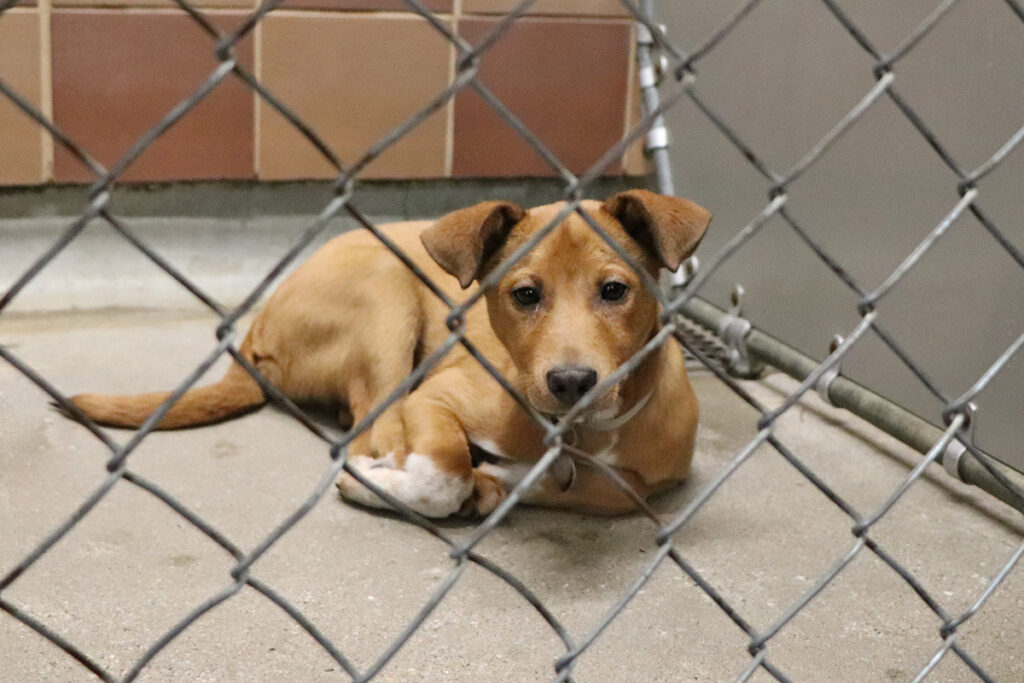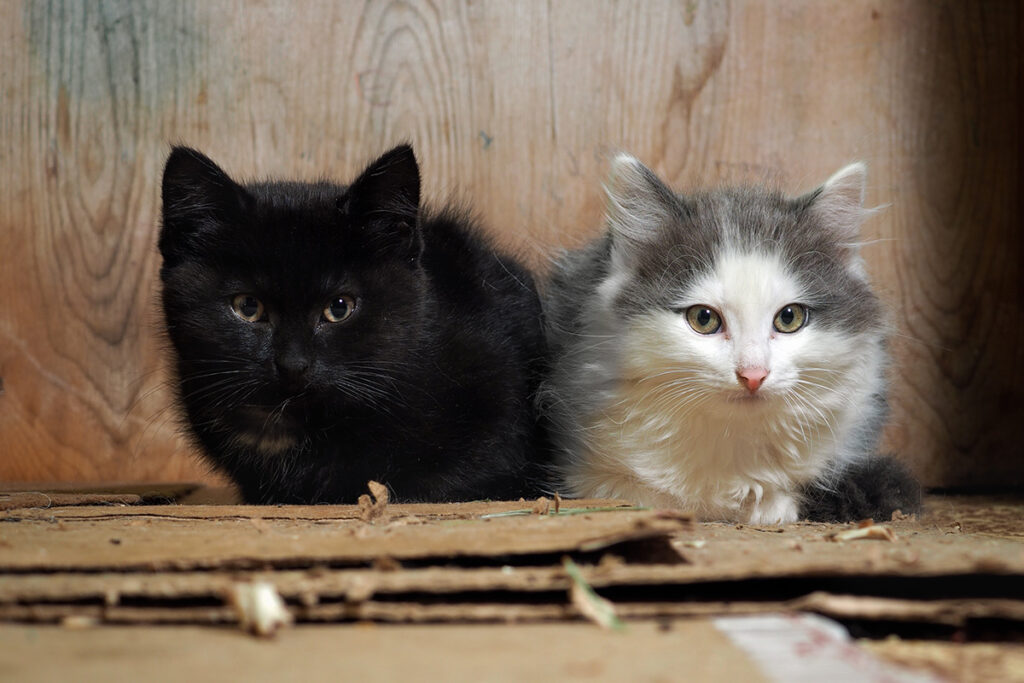World Spay Day started in 1995 to call attention to the problem of homeless pets across the country, and to promote spay/neuter as a way to prevent pet overpopulation as well as save animals’ lives.

Homeless animals living on the street can reproduce in record numbers every year. Many of those will have to search for food, water, and shelter, and are likely to die needlessly from malnutrition, disease, and exposure to the elements. Some may find themselves in overcrowded shelters where millions of otherwise healthy companion animals are euthanized every year, simply because there just aren’t enough homes.
Benefits of Spay/Neuter
In addition to controlling homeless pet overpopulation, spay/neuter has many health benefits including:
- In females, the risk of mammary gland tumors, ovarian and/or uterine cancer is reduced or eliminated, especially if done before the first heat cycle.
- In males, the risk of testicular cancer is eliminated, and decreases incidence of prostate disease.
- Better chance of a longer and healthier life – an average increase of 1 to 3 years for dogs, and 3 to 5 years for cats.
There’s no better reason than for the health of your pet. But spay/neuter will also decrease aggressive behavior, eliminate risk of spraying and marking, eliminate heat cycles and desire to roam. All of this not only makes a healthy, happy pet, but a very happy home.
Check with your vet to find out more about the benefits of spay/neuter or visit SpayUSA.org to find a nationwide referral network for affordable spay and neuter services.

Helping Community Cats
A community cat is a stray or feral cat that lives outside in the community. These cats may live in groups (called colonies), with one or two other cats. These can be prime areas for overbreeding, especially when the weather is warm and cats are out roaming and reproducing at a faster pace than in colder weather.
If you find it is your calling to help care for the cats in your neighborhood, there are some things you can do.
Find out if there is a TNVR program in your neighborhood. TNVR stands for trap, neuter, vaccinate, return. Good Samaritans, as well as animal shelters and rescue organizations, humanely trap community cats, neuter or spay, ear tip, vaccinate and then return the cats back to where they were found.
Speak with your neighbors and get them involved; do it together! TNVR will put an end to unwanted litters and the keep the community cats healthier. It will also eliminate behavior such as yowling and most fighting, since the females will be spayed.
Our Community Outreach Program at our Port Washington, NY Adoption Center provides education and support to the local community on how to help these cats live long and healthy lives, while at the same time reducing the population through TNR and adoption of ‘friendlies.’ You can learn more about this program by visiting animalleague.org/communityoutreach. You can also check with your local shelter or humane society on programs in your area.


